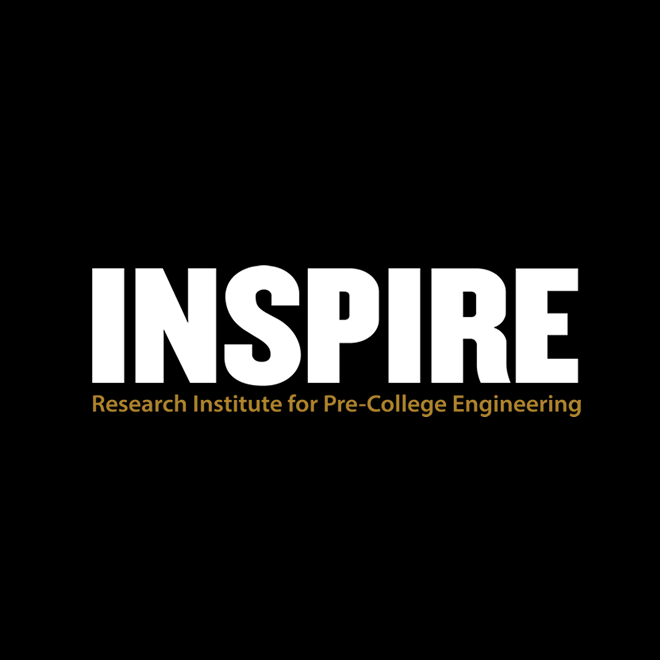Abstract
Researchers have long been interested in how to recruit and retain more and more diverse students into engineering programs. One consistent challenge in this research is understanding the impacts of interventions from the point of view of the student, and how their preconceptions may influence that effectiveness. This study investigated how secondary students understand the concept of engineering, including what engineering is and what engineers do. The purpose of this work was to describe students’ conceptions of engineering, and to determine how those perceptions relate to student interest in engineering careers. The investigation was founded on the theoretical framework of conceptual ecology. Students from one high school that are typically underrepresented demographically in engineering programs were interviewed about their perspective on engineering. Interviews were transcribed and analyzed using the constant comparative and thematic analysis methods. Students who were interested in pursuing an engineering career generally believed that it involved hands-on building or fixing of cars, bridges or airplanes. Students who were not interested in a career in engineering discussed a broader variety of types of engineering, and more often cited altruism and inherent interest as reasons that others would pursue such careers. Most students in this study did not express very complex or rich conceptions of engineers or engineering, but their conceptual ecologies suggest that they would be resistant to changing these conceptions. This suggests that recruitment and retention programs will need to directly address students’ existing conceptions of engineering.
Recommended Citation
Montfort, D. B.,
Brown, S.,
&
Whritenour, V.
(2013).
Secondary Students' Conceptual Understanding of Engineering as a Field.
Journal of Pre-College Engineering Education Research (J-PEER), 3(2), Article 2.
https://doi.org/10.7771/2157-9288.1057


